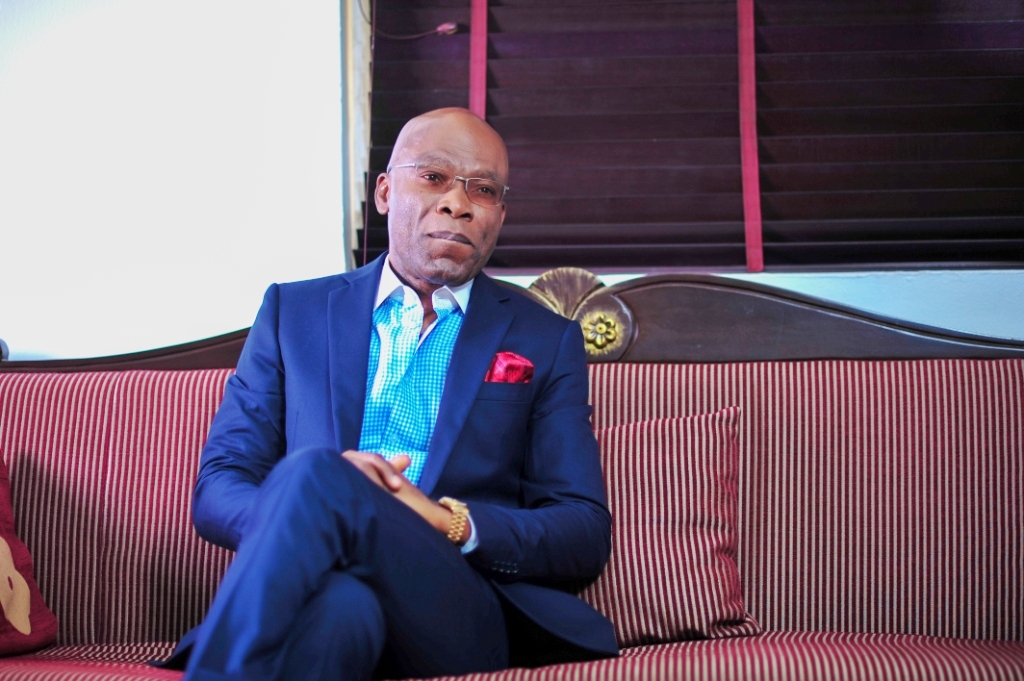The leadership of the Association of Interconnect Exchange Operators of Nigeria (AIEON) has raised the key issue causing the observed cases of international call masking in Nigeria.
In an official position of the body on the recent move by the regulator, the Nigerian Communications Commission (NCC), to sanction operators by way of revoking their licences, the Clearing House operators noted that these problems have remained because the MNOs are reluctant to embrace the Clearinghouse model.
While urging “the Commission to create an enabling environment for the Interconnect Exchange Operators, to carry out our functions in line with industry best practice,” AIEON averred that “We kindly ask the Commission to jettison the intention to suspend our operating license, as we are not the root cause of the problem, and have actively fought to eradicate call masking from the industry.”
AIEON claimed it was unfair for NCC to isolate the Interconnect Exchange Operators (Clearinghouse), as the culprits behind what is obviously systemic contagion in the industry. The association further alleged that almost 95 per cent of voice traffic is routed peer-to-peer amongst the operators, as less than five per cent of voice calls are transited via the Clearinghouse.
“We do not have subscribers, neither do we originate calls. All calls terminated via our platform, originated from a network that we can identify, if given the opportunity to do so.”
Besides, AIEON recalled that it has written admission from certain operators, that some of the voice calls they transited via their platform, were indeed masked calls. They stressed that there have been countless instances when the Mobile Network Operators (MNOs), restricted calls routed via the Clearinghouse, from terminating on their network; call masking remained very rampant whilst the restrictions were in place.
“The looming suspension of the Interconnect Exchange License, is yet another pointer that some industry players, seemingly want the telecommunications industry in Nigeria to shrink, by reducing the number of active service providers. Smaller operators have been systematically wiped out by the big players, and the Interconnect Exchange Operators appear to be next in line,” they stated.
AIEON alleged that the problems which gave rise to the birth of Clearinghouse ab initio, such as interconnect disputes and the resultant high indebtedness, anti-competition, and poor quality of service to subscribers, at a higher cost, will skyrocket “if we are driven to extinction.”
Trouble had started when the NCC alleged that Clearinghouse operators were found to be involved in call masking and refilling, hence the move to withdraw their operating licenses. A masked call happens when an international calling number (Caller Line Identity) is framed as local number traffic. It is a deliberate attempt by the fraudster to avoid paying the correct International Termination Rate (ITR) for international calls, but to benefit by paying Local Termination Rate (LTR).
Instances show that when the number is masked as a local call, the operator pays N3.90 LTR and not N24.40 ITR, the industry standard fee. The process allows operators to terminate inbound international telecoms traffic as local calls so they don’t have to pay ITR, which is the interconnection charges set by telecoms traffic carriers as carrier to carrier charges.
Call refilling on the other hand is a form of interconnect fraud in which one carrier tampers with CID (caller-ID) data to falsify the number from which a call originated before handing the call off to a competitor.
Business Hilights observed that in a notice of suspension of licence letters jointly signed by, Yetunde Akinloye and Efosa Idehen, NCC’s Head of Legal and Regulatory Service and Head of Compliance Monitoring and Enforcement respectively, NCC said it had established direct and indirect evidence against the six companies “in the illegal and unwholesome activity of call masking and refiling”.
One of the letters read in part “Having carefully analysed all the relevant data collected in the course of its investigation activities, the Commission has established direct and indirect evidence against your company in the illegal and unwholesome activity of call masking and refiling”.
“Consequently, the commission, pursuant to Section 45 (1) and (3) of the Nigerian Communications Act, 2003 hereby gives you Notice of its Intention to suspend the Interconnect Exchange License granted to your company due to your involvement in call masking and refiling and your failure to rectify the breach, despite repeated interventions by the Commission”.








